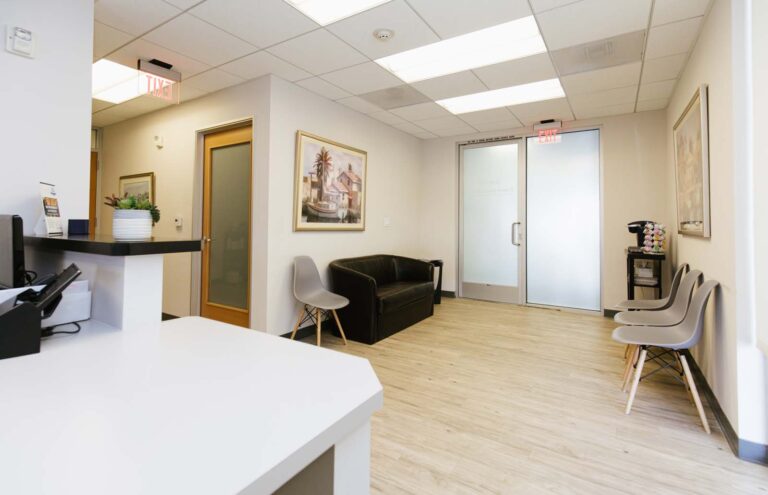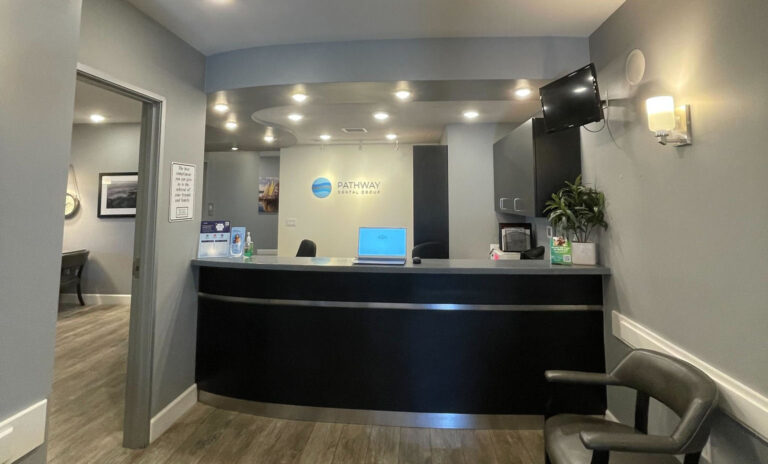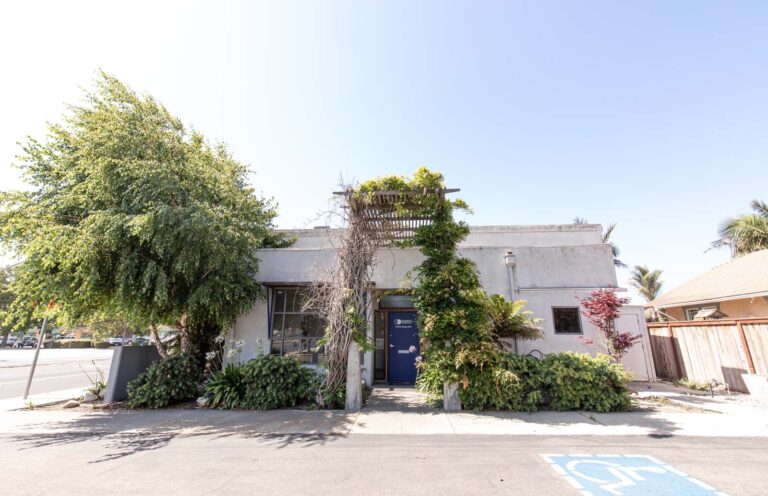Dental Veneers
Looking to enhance your smile? At Pathway Dental Group, you’ll benefit from our variety of dental veneer options, which offer effective, easy cosmetic treatment.
Dental Veneers in Santa Barbara County, CA
Dental veneers are thin coverings that we put on the front surface of a tooth to improve its appearance. You may benefit from veneers if you have a chipped tooth, your teeth are worn down or stained, or you notice crowding problems. Veneers are durable and, with proper care, can last many years before needing replacement or repairs.
Our team can examine your teeth and find the exact color, size, and shape customized to you. Before placing your veneers, we may have to remove a small amount of tooth enamel to make room for them. We’ll then make an impression on your teeth so that we can custom-build your veneers. You’ll return to our office when they are finished, and we’ll bond them to the front of your teeth. We will then make any final adjustments to create your new look.
-
How do dental veneers work?
Dental veneers are super thin shells that we apply to the front surface of the tooth. Some veneer types require us to prep your teeth first. During the prep, we remove a small amount of tooth enamel, so the veneer attaches better. Then we attach the veneer with a strong dental adhesive.
Once applied, veneers can cover any flaws to your natural teeth. They can help your teeth look more aligned and adjust thickness to improve spacing.
-
What is the difference between porcelain veneers and composite veneers?
Porcelain veneers and composite veneers are the most common types of dental veneers. Both are good options for helping with your smile.
- Composite veneers — We make composite veneers in our office, applying a tooth-colored resin directly to the teeth. This type of veneer is often less expensive and faster to apply. It covers many aesthetic problems.
- Porcelain veneers — Porcelain veneers are custom-made from porcelain, usually in a lab. We apply them here in our office to ensure a good fit. These veneers typically last longer and have a more natural look. They can help with larger cosmetic issues.
-
Veneers vs. Crowns — what’s the difference?
Both dental veneers and dental crowns can help improve the appearance of your smile, helping with chips, stains, discoloration or crooked teeth. The main difference though is crowns cover the entire tooth surface. Veneers only cover the front part the tooth.
Veneers are less invasive and require less removal of the original tooth structure. But crowns are much thicker (2 mm, compared to a 1 mm veneer) and provide more support. Both are similar in price.
Either a dental veneer or crown is a great option. Call us today, and we’ll help you decide which option is best for you and your situatio
-
How much do dental veneers cost?
Most dental insurance plans don’t cover the cost of veneers because they are considered a cosmetic procedure. The cost of a veneer ranges. On average, traditional veneers cost between $925 to $2,500 per tooth. Dental veneers that don’t require prep cost $800 to $2,000 per tooth.
-
How long do dental veneers last?
With proper oral care, your dental veneer can last 10 to 20 years, on average. Excessive pressure can damage the veneer, so keep up with your regular dental cleanings and exams. And as always, floss and brush your teeth twice each day.
More Questions About Dental Veneers?
If you're interested in a dental veneer consultation or have any questions about veneers, contact us today.








